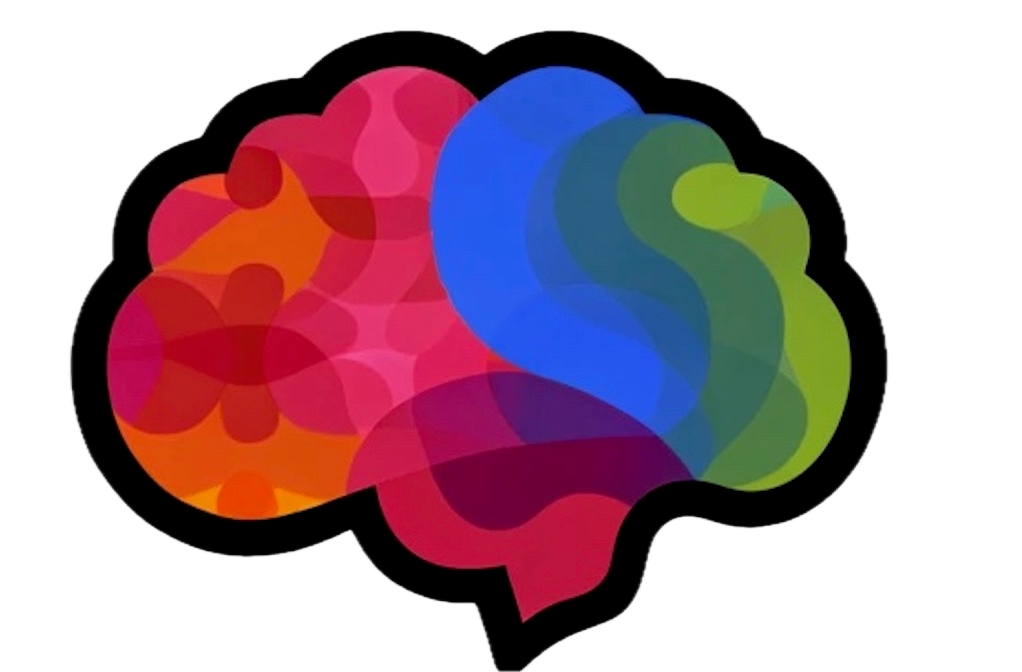The New Psychology of Skepticism
Adapting Judgment to the Modern Environment
The world has changed—and so must our approach to professional skepticism. This transformative session introduces a dynamic new model of skeptical reasoning designed to meet the demands of today’s complex environments. Moving beyond outdated, mechanical checklists and superficial doubt, this program reveals the hidden psychological and contextual forces that influence judgment and decision-making.
Participants will explore the three dimensions of skepticism and how to tune their thinking to better match the reliability of evidence, situational cues, and organizational culture. Through powerful demonstrations and interactive exercises, attendees will discover how to adapt their approach, surface hidden assumptions, and improve the accuracy of skeptical judgments in real-world settings.
Whether you’re an auditor, analyst, executive, or policy advisor, this session will help you reframe what it means to think critically and skeptically—and elevate your professional impact.
Major Subjects:
- The three dimensions of skeptical reasoning
- How orientation affects skeptical judgment and decision strategy
- Tuning the skeptical “signal-to-noise” ratio
- The role of situational awareness in professional skepticism
- Evaluating the reliability and validity of evidence
- Matching skeptical reasoning to context and environment
- Recognizing and correcting hidden biases that erode skepticism
Learning Objectives:
Participants will be able to:
- Employ three-dimensional skepticism to enhance decision accuracy
- Apply situational awareness techniques to adapt judgment in dynamic environments
- Evaluate evidence using reliability and validity frameworks
- Uncover hidden assumptions and biases that compromise skeptical thinking
- Align skepticism with organizational culture and task characteristics for greater effectiveness
Length of Program: 2 hours
Delivery Method: Group Internet-Based
Program Level: Intermediate
Prerequisites: Minimum 1–2 years professional experience
Advanced Preparation: None required
Field of Study: Auditing / Behavioral Ethics
Who Should Attend:
This session is designed for analysts, auditors, compliance and governance professionals, executives, legal and HR professionals, IT and medical personnel, and other decision-makers seeking to elevate the precision and reliability of their skeptical reasoning in professional settings.
© Toby Groves, Ph.D







